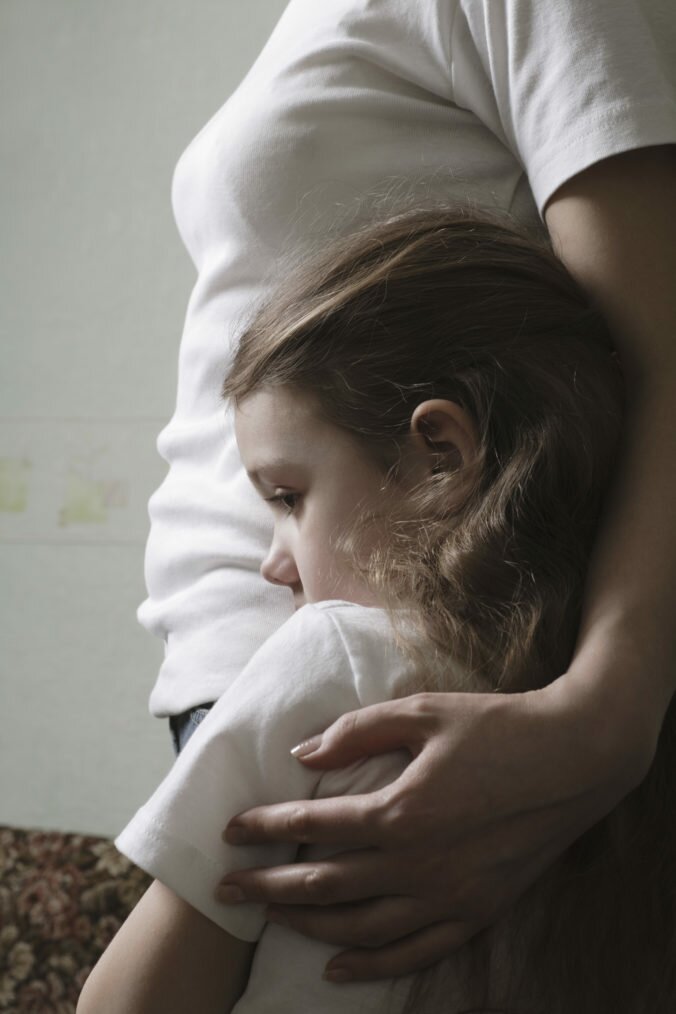All of us worry at some point in our lives. Most of the time, parents are surprised when their children, even preschoolers start worrying. We have this idea that childhood should be carefree, but that isn’t the reality for some children.
So where does this anxiety come from? We inherit a predisposition to how we respond to stress. Some of the tendency to be anxious may run in the family and then be triggered by some kind of stress. In other children, it can be a direct result of trauma. We usually don’t think about trauma as occurring in children, but we are becoming much more aware of it. Things such as accidents, medical procedures, family disputes and obviously abuse all can trigger anxiety in children.
You can see anxiety in your children for a number of reasons. Sometimes, specific events are frightening for them, like thunderstorms or having to ride in an elevator. Other children are shy and have difficulty in new or public situations. Some worry about everything, starting most sentences with, “What if…” I often find that a bright child can come up with many “What ifs.” They also can develop fears as a result of news coverage of a tragedy or natural disaster. Some develop stomachaches, some have difficulty leaving home, some are clingy to adults and others have problems sleeping.
My concern is that the family response is often the opposite of what needs to happen. Parents feel sorry when they see their child suffering so much. They want to comfort and protect their child. This is a natural response, but one that will not help stop the cycle of anxiety. In fact, it will make it worse.
Parents want their child to understand that there is nothing to worry about, so they spend a great deal of time discussing why thunderstorms or elevators aren’t dangerous. Sometimes, parents try to avoid the frightening situation or try to protect their child (“It’s OK, you don’t have to talk to the waiter. I’ll order your meal”).
Children who are afraid don’t need explanations. Fears are emotional, not rational. No rational explanation will help. The first step for parents is to realize that indulging their child’s fears will not help at all. In fact, it just reinforces them. A child might think, “If Mom thinks there is a reason to be afraid and we avoid the elevator, it must be really dangerous.”
Here’s the first step to take:
- The most important thing you can do is to establish firm parenting. Your child needs to realize that you are stronger than his/her thoughts. You are the one who is in charge of life. For example, your child does not need to worry about someone breaking into the house, because security is your job and you are quite good at it. You, as parents, are the ones who decide if a weather situation is dangerous or not. Basically, you relieve their fears by being the ones in charge and making the decisions.
This firm parental presence is the best way to reduce a child’s anxiety. It should not just occur in a specific situation but should be an overall approach to parenting.
In my next blog, I will review some other ways to help your child cope with anxiety but strong parenting is the foundation of all the rest.
